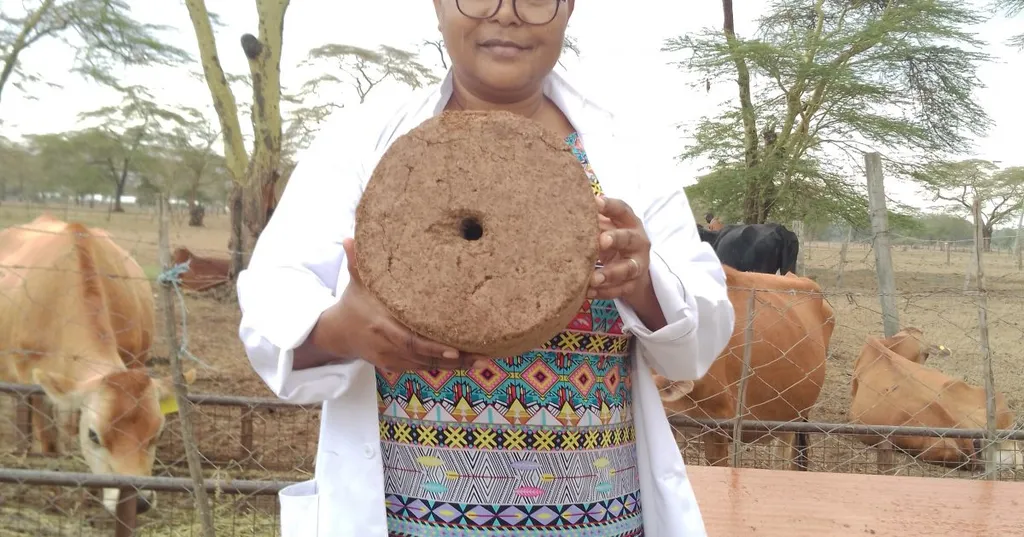In the heart of Kenya’s dairy sector, a new study is stirring conversations about how smallholder farmers can better adapt to climate change while boosting their productivity and income. The research, published in *Frontiers in Sustainable Food Systems*, explores the often-overlooked role of entrepreneurial spirit in driving the adoption of climate-smart dairy strategies (CSDS).
The study, led by Naomi Chebiwot Chelang’a from the Department of Agricultural Economics and Agribusiness Management at Egerton University, focuses on 385 smallholder dairy farmers in Central Kenya. It reveals that farmers who exhibit higher levels of autonomy and risk-taking are more likely to embrace CSDS, which include improved breeds, feed enhancement, health management, and manure management practices.
“Autonomy enables farmers to make independent strategic choices, while risk-taking allows them to experiment with CSDS despite uncertainty,” explains Chelang’a. This finding underscores the importance of empowering farmers to make their own decisions and take calculated risks, which can lead to more sustainable and productive farming practices.
The commercial implications of this research are significant. By fostering an entrepreneurial mindset among smallholder farmers, the agriculture sector can unlock new growth opportunities. Farmers who adopt CSDS not only enhance their resilience to climate change but also improve their productivity and income, creating a ripple effect that benefits the entire dairy value chain.
The study also highlights the need for policy interventions that strengthen farmers’ entrepreneurial capacity. Training and extension programs that build confidence, decision-making autonomy, and willingness to adopt new strategies can play a pivotal role in this transformation. “Policy interventions should promote training and extension programs that build confidence, decision-making autonomy, and willingness to adopt CSDS,” Chelang’a emphasizes.
As the agriculture sector grapples with the challenges posed by climate change, this research offers a promising pathway forward. By harnessing the entrepreneurial spirit of smallholder farmers, we can drive the adoption of climate-smart strategies, boost productivity, and ensure food security. The findings from this study not only have the potential to reshape the dairy sector in Kenya but also offer valuable insights for other Sub-Saharan African countries facing similar challenges.
In the words of Chelang’a, “These findings offer clear and actionable recommendations to boost CSDS uptake and support sustainable agriculture.” As we look to the future, empowering farmers with the tools and mindset to embrace innovation will be key to building a more resilient and prosperous agriculture sector.

